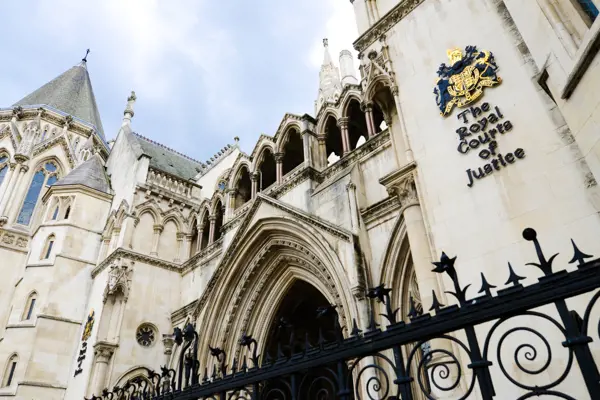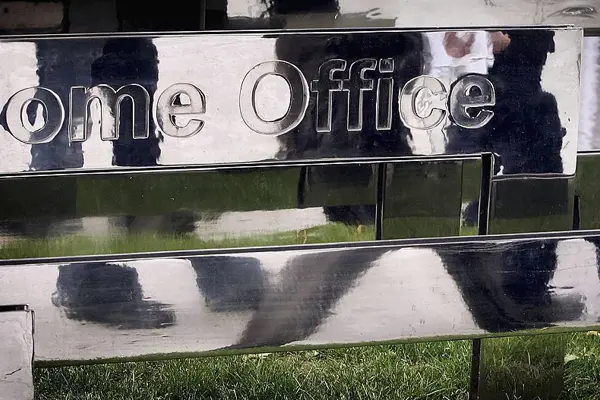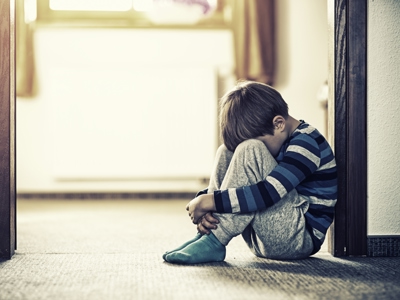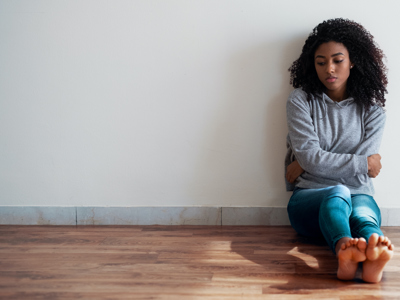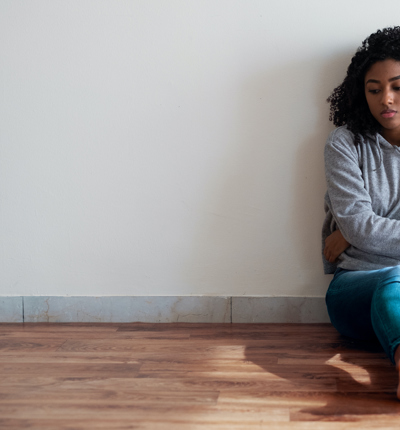
Review of sexual abuse in schools and colleges: what now?
Earlier this month Ofsted published the results of their rapid review into sexual abuse in schools and colleges. Andrew Lord considers their review further and explores what this means for safeguarding children and young people.
Posted on 25 June 2021
There are no two ways about it, the Ofsted report makes for grim reading.
Ofsted spoke with children and young people as part of the review process, and the resulting statistics are harrowing. 92 per cent of girls reported sexist name-calling and 79 per cent of girls reported a sexual assault of some kind. Eighty per cent of girls reported unwanted or inappropriate sexual comments, and 88 per cent had been sent sexual pictures or videos which they did not want to see.
Incidents are so commonplace that some children and young people felt that ‘there’s no point’ in reporting them. The report also says that sexual harassment and online sexual abuse have become normalised to the point that children do not see the point in reporting or challenging this behaviour.
Ofsted’s rapid review was commissioned by the Government in April after increased media attention of this issue of sexual harassment and assault amongst pupils in schools. Thousands of anonymous accounts of sexually inappropriate behaviour and abuse were recorded on the Everyone’s Invited website, and the true scale of the issue shocked the public.
Sadly, however, this was not an unknown problem to many. In 2016 the Women’s and Equalities Select Committee released their report into sexual harassment and sexual violence in schools and made several recommendations. Guidance from the Department for Education entitled “Sexual violence and sexual harassment between children in schools and colleges” followed. It is precisely this prior knowledge which makes the Ofsted review, frankly, a frustrating read.
It paints a bleak picture and it is galling to read that five years after the 2016 report, the lived experience of children and young people is one where sexual harassment and abuse is considered normal. Some girls told Ofsted that they were frustrated that it had been left to them to educate their peers on what is unacceptable behaviour, and one girl observed that: “It shouldn’t be our responsibility to educate boys.”
So what went wrong? The Ofsted review presents evidence of a systemic failure to address the issue, including some teachers and leaders reportedly underestimating the scale of the problem, either by not identifying behaviour as problematic or by being unaware of such incidents. Local safeguarding partners also reportedly had varying levels of understanding, including a small number who told Ofsted that they were not aware that sexual harassment and violence, including online, were significant problems in their area.
The review suggests that in future leaders should act on the assumption that sexual harassment and online sexual abuse are problems for the children and young people, even where they do not have specific information which indicates it is.
Relationships, sex and health education (RSHE) came in for criticism, noting that children were rarely positive about teaching in the subject, and that they were not receiving the information and advice which was necessary. This meant that they turned to social media or their peers for education.
There were also problems with some past Ofsted inspections. Of those reviewed, 48 per cent of schools had not complied with the requirement to provide their records and analysis of sexual violence and sexual harassment, nor did they provide a statement to confirm that there was no relevant information. In most of the inspections where no information was provided, the inspector did not record how this was followed up.
Of course this is not just a problem for schools to tackle alone. Wider issues such as the ease of access to pornography to children must be addressed with equal vigour. However, we must not lose sight of the important role that schools have in helping to tackle this issue and educating children and young people on appropriate behaviours, and the very real impact that sexual harassment and violence can have upon children and young people who are victimised.
Over the years I have been instructed to consider legal action on behalf of those affected by peer-on-peer abuse, and I have written a number of blogs, hosted a discussion with the parents of a victim of peer-on-peer assault and the former co-director of the Ending Violence Against Women Coalition for the Leigh Day podcast, and I have delivered training at conferences for safeguarding leads. The limitations on the action taken previously to address the issue of sexual harassment and violence in schools were clear to many.
Moving forwards effective measures must be taken, and, frankly, they are long overdue. Consideration must be given to:
- Reviewing national guidance to ensure that it adequately details what behaviours staff are to tackle, the appropriate mechanisms for doing so, and mandating appropriate training.
- Implementing and / or strengthening the whole school’s approach to tackling sexual harassment and violence, including:
- Education for teachers and frontline staff, so that they are equipped with the knowledge of what behaviours are problematic and how they ought to be tackled. Ofsted’s Chief Inspector, Amanda Spielman, recently warned that a one-off inset day on safeguarding will not cut it.
- Strengthening the offering of RSHE, ensuring that it is both adequately resourced and teachers have a good handle on the subject, so as to instil confidence in children and young people to be able to discuss sensitive matters in an appropriate forum.
- Education for children and young people so that they understand what will happen when a report of sexual harassment or abuse is made, thereby dispelling any misconceptions, and empowering them with a sense of control. - Regulatory oversight must be tightened, as otherwise non-compliance could remain unchecked and practices may continue with impunity.
Ofsted’s recent review proves that the past measures implemented to try to tackle sexual harassment and violence in schools and colleges have been ineffective. Children and young people have been failed, and they deserve to undergo their education free from the feeling that abuse is to be tolerated or that it is normal. A swift and significant change is needed to address this issue, otherwise future generations of children and young people will also be failed.
Andrew was recently invited as a guest on the Sky News Daily podcast to discuss Ofsted’s recent review. You can listen to this on Spotify.
